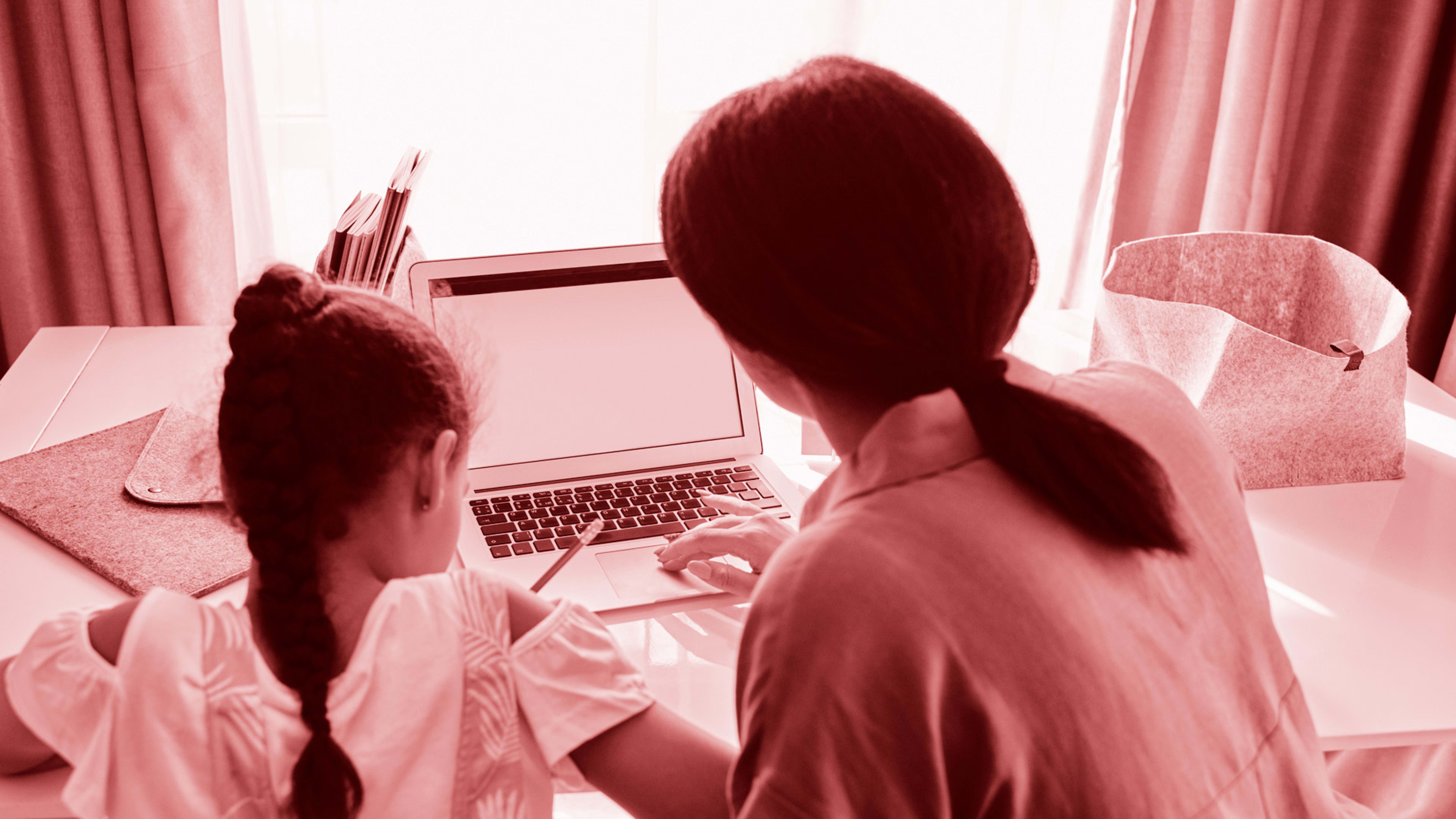There’s parenting, and then there’s solo parenting. These are not the same activities. Yet many organizations treat all parents the same, says a new article in Harvard Business Review.
Nearly 1 in 4 U.S. children are solo parented, a lifestyle distinguished by its relentlessness: morning, daytime, evening, and overnight, single parents are “on.” For solo parents on less-than-rosy terms with co-parents, you can add on conflict and child support bills.
There are upsides, too: Many solo parents enjoy the focus they can expend to their children, and prefer their own flows and systems around the house. For women, solo parenting can present significantly less housework and emotional labor than cohabitating with a less-than-egalitarian partner.
But organizations, the authors say, treat employees as if they all have a partner at home when needed. “When organizations presume all employees have a support system in place, they make demands on time that single parents especially can’t meet.”
Single parents rarely advocate for themselves—let alone articulate their plight—fearing that coworkers and managers will perceive them as less able on the job. It’s largely women who keep this silence, as most single parents are mothers, and most (81%) work.
The lack of understanding can also be stressful. Partnered managers and coworkers often simply cannot conceive of the realities of life with literally no free time, nor imagine parenting without being able to tap out or take a break. Coworkers also tend to not consider the mental overload of one adult running the lives of multiple human beings, including every decision, vacation or extracurricular activity. This leads to 9 p.m. work emails, last minute off-hours projects, and invitations to baseball games or beers at child bedtime.
The key for organizations, the authors say, is to help single parents avoid burnout not by specially accommodating them, but rather by designing “work systems and processes from the start that recognize all workers have care responsibilities and lives outside of work.”
This means normalizing healthy work hours, flexibility, and encouraging breaks and time-off policies—all priorities that have conveniently advanced in many organizations since the pandemic. And offering childcare and education subsidies, a wildly popular concept offered by few companies, which nearly all parents would cheer.
That sound you hear is single parents clapping.
Recognize your brand’s excellence by applying to this year’s Brands That Matter Awards before the early-rate deadline, May 3.
